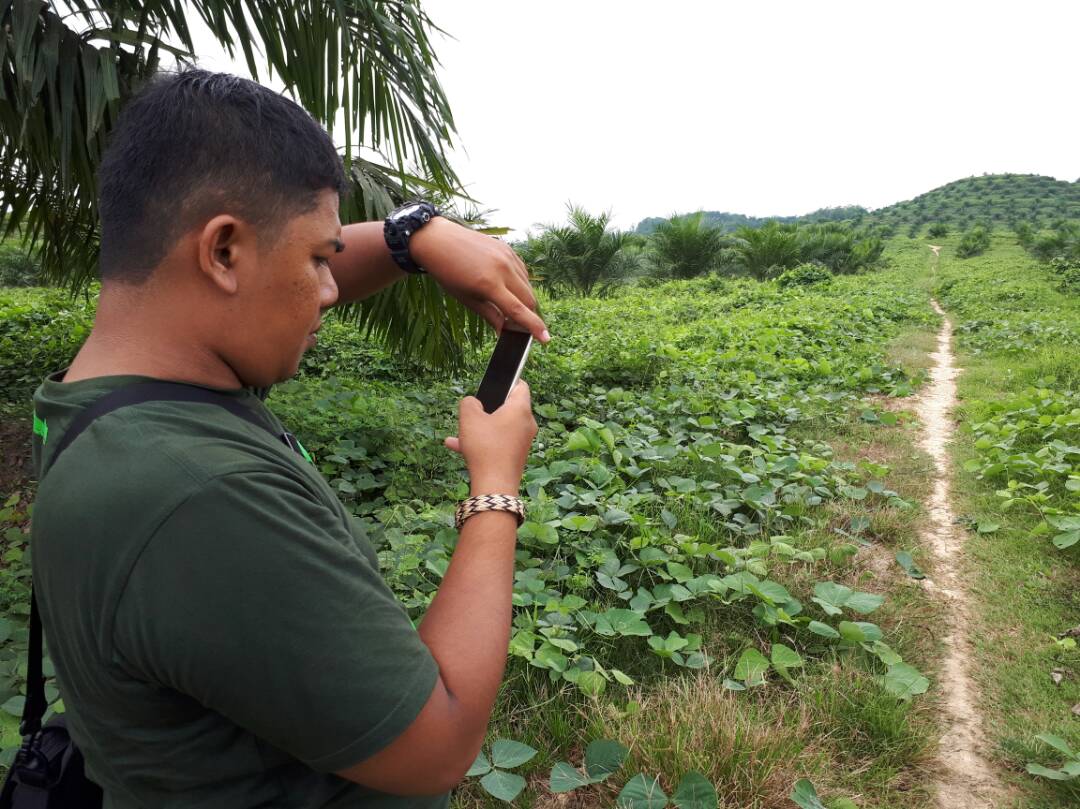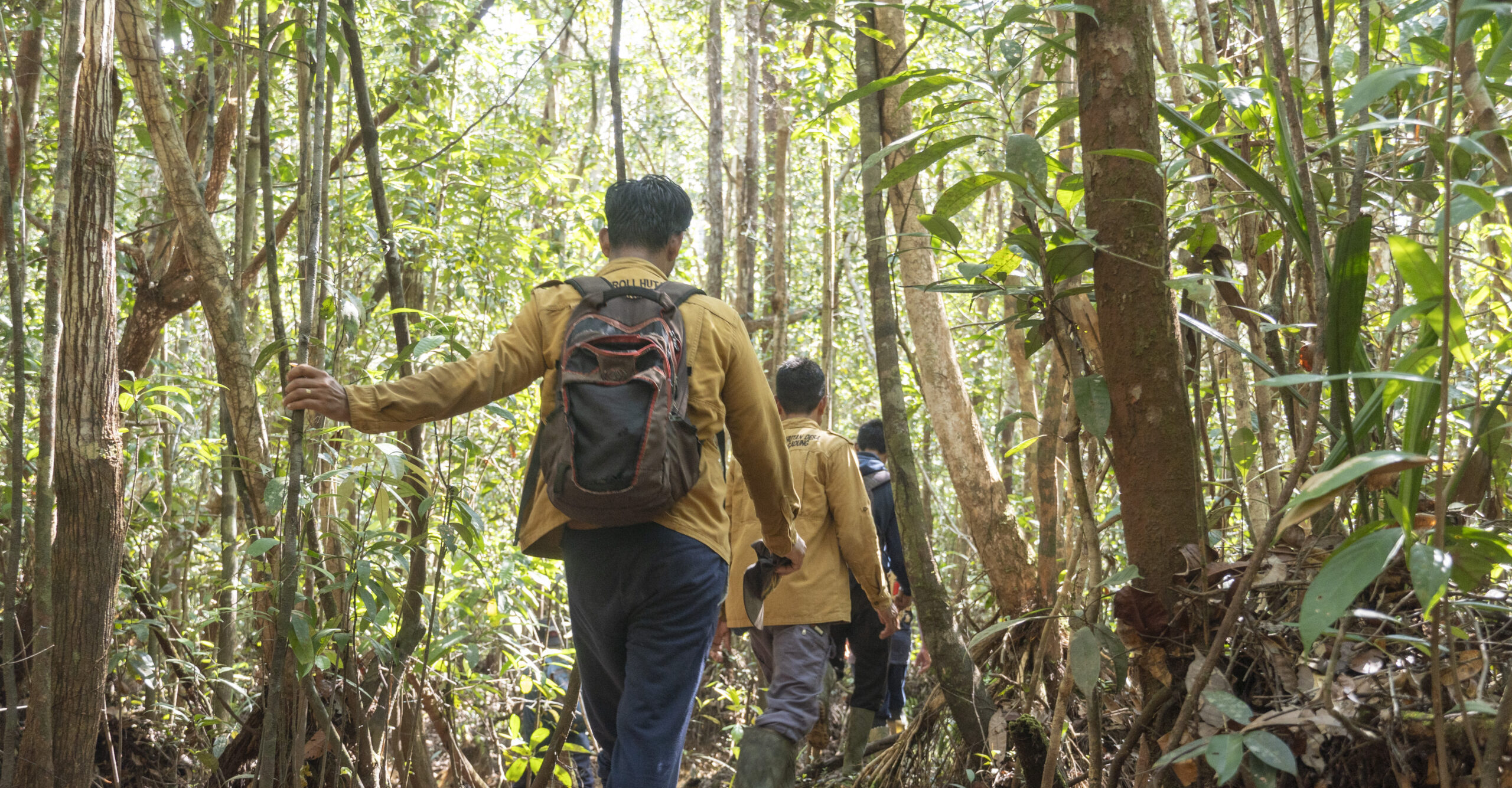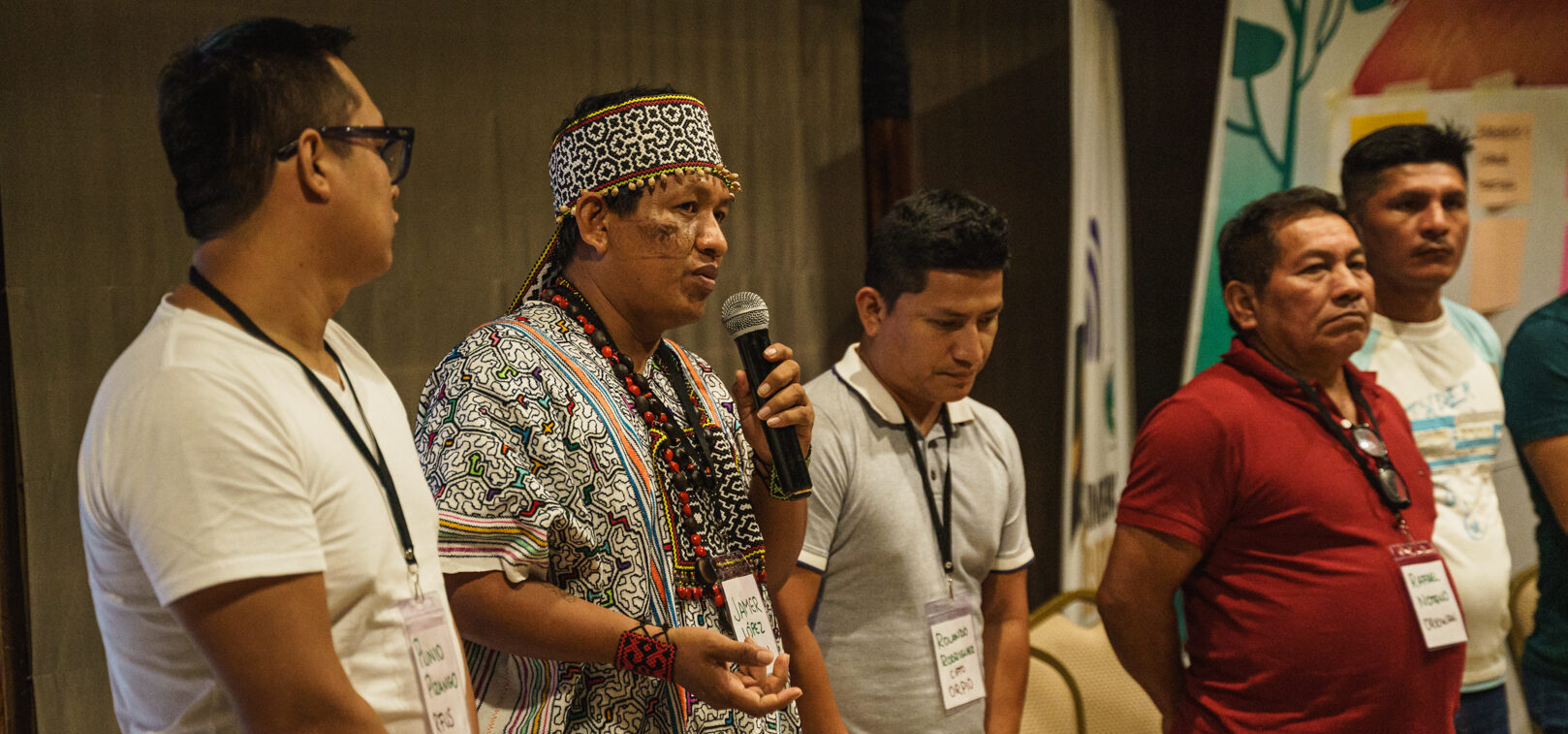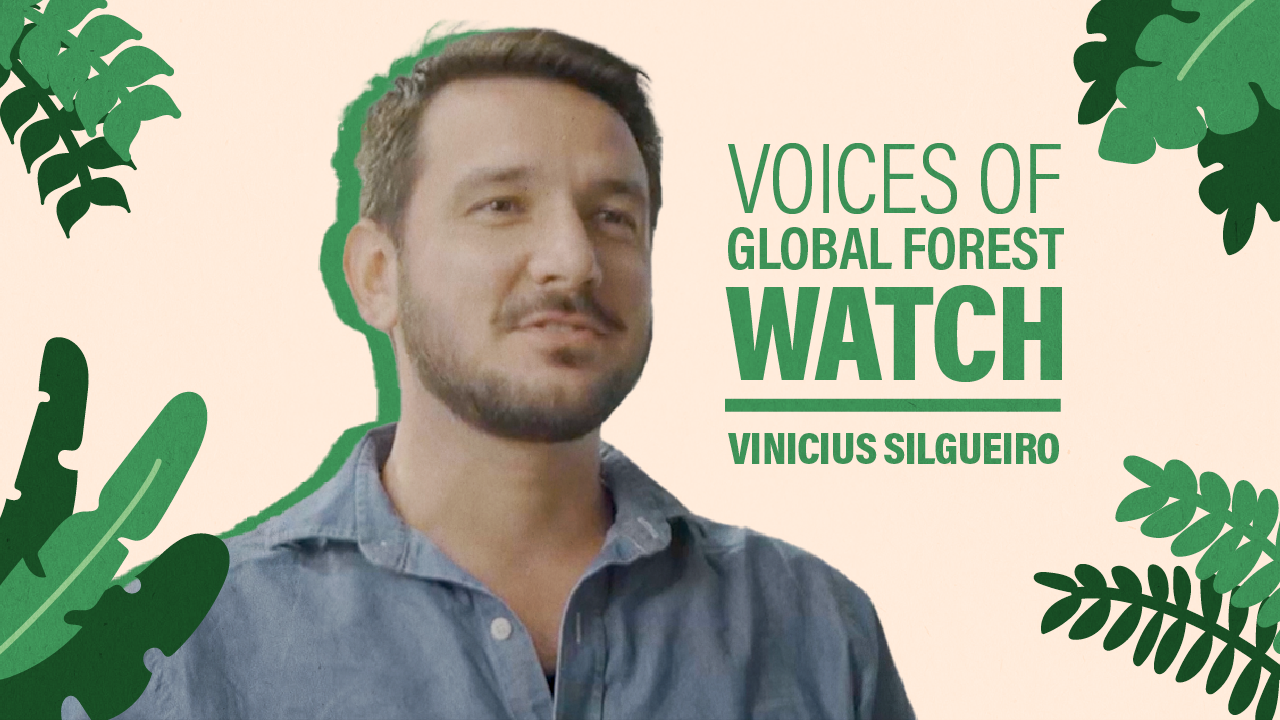- Users In Action
GLAD Alerts Help Protect Sumatra’s Leuser Rainforest Ecosystem

Indonesia’s Leuser Ecosystem, on Sumatra’s northern end, is the world’s third-largest rainforest after South America’s Amazon and Africa’s Congo. Spread across 6.5 million acres (over 2.6 million hectares), the Leuser rainforest and surrounding ecosystem is the last place on Earth where rhinos, elephants, tigers, sun bears and orangutans live in the wild.
 Orangutans in Indonesia. Photo: Flickr/World Resources Institute.
Orangutans in Indonesia. Photo: Flickr/World Resources Institute.Located in the Indonesian province of Aceh, which was the focus of international recovery efforts after the devastating 2004 tsunami, the Leuser Ecosystem has more recently been in the global spotlight as it faces a different environmental challenge. Actor Leonardo DiCaprio and his foundation focused attention on rapid land encroachment, logging, road development, poaching and illegal mining that are threatening this critical rainforest habitat. This has raised the stakes for Global Forest Watch’s partner Hutan, Alam dan Lingkungan Aceh (Forest, Nature and Environment of Aceh) known as HAkA, which fights to protect the long-term environmental health of the Aceh community.
The first step to addressing these threats is to pinpoint where they are happening in the Leuser Ecosystem’s vast area. Working with a team of analysts who review satellite imagery to create maps of recent deforestation, HAkA staff members distribute these maps to local partners like Leuser Conservation Forum (FKL) whose staff then engage with people in local communities, including with local officials, to combat against these illegal activities.

HAkA’s process of manually reviewing satellite imagery to find roads and patches of clearings is a painstaking, time-consuming process. To help speed things up, HAkA has used the “early warning” GLAD alerts system of Global Forest Watch (GFW) to quickly identify areas of likely deforestation on a weekly basis. Combining the GLAD system with satellite imagery and expert knowledge of the area can help advocates set the most effective priorities to investigate harmful activity. Investigators at FKL can then be more targeted in their response, rather than showing up at cleared roads and searching for leads.
Rapid Response
On a recent visit to the HAkA office, a nondescript building in Banda Aceh designed to avoid attracting attention, the HAkA team told us about a case in which GFW’s fire datasets recently aided in a rapid response success. GFW alerts picked up a fire in a protected area, HAkA followed up by quickly sharing this information with local authorities who showed up at the scene and detained those who started the fire. Without GFW’s daily fire alerts, this incident would have gone unnoticed until it was too late.
The ability to distill and act on such near-real-time data is essential to HAkA’s ability to efficiently provide information to local investigators and authorities. When FKL receives deforestation maps from HAkA, their small team of Field Supervisors is tasked with investigating and completing reports — including GPS points, images, names, contact information and any other information they can safely record — within the 13 districts that span the Leuser Ecosystem. With over 100 reports coming in each month, the Field Supervisors have the difficult responsibility of identifying four priority areas to be formally reported to the police.
To continue to streamline their process, HAkA and their partners have begun to integrate the Forest Watcher mobile app, which takes the GFW alerts offline and into the field. Rather than relying on paper and pen to manually input data after returning from the field, Forest Watcher allows for seamless reporting and sharing of information. Since launching in September 2017, we have continued collecting feedback from key user groups, such as HAkA, to improve the tool to help make their work more efficient and effective. Using GLAD alerts and Forest Watcher can lead to better prioritization of these cases to support HAkA, FKL and local law enforcement.
The HAkA team’s optimism was infectious during our visit. Following recent publicity from the DiCaprio campaign, a new governor actively engaged on these issues and the communities’ renewed appreciation of forest protection shows that the “spirit of the Leuser” can be conserved. There’s a clear sense of hope that GFW can continue to support the momentum of environmental defenders actively fighting to protect their land.


